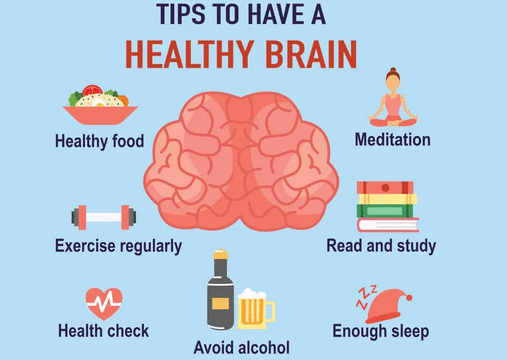Introduction
In today’s fast-moving world, it’s easy to put your needs last.
Whether it’s work, family, or just trying to keep up, many people find themselves running on empty—physically, mentally, and emotionally.
But here’s a truth that’s often overlooked: you deserve to feel good, inside and out. Not someday.
Not when you hit a certain goal. But today, as you are. Feeling good isn’t about perfection or performance. It’s about connection—to your body, your values, your emotions, and your life. And cultivating that connection is one of the most empowering things you can do for your overall well-being.
Why “Feeling Good” Is a Worthy Goal
Often, wellness is framed as a series of tasks: eat clean, work out, manage stress, drink water. While these are all beneficial habits, focusing only on behavior can miss the deeper motivation. When you start with the belief that you’re worthy of care right now, those habits become acts of kindness rather than obligation. Feeling good matters because it:
- Helps you stay energized and focused
- Improves your mood and resilience
- Supports physical health and immunity
- Encourages healthier choices naturally
- Strengthens your relationships with others
Well-being is not selfish—it’s essential.
5 Ways to Feel Better Inside and Out
You don’t need a full lifestyle overhaul to start feeling better. Often, small, consistent steps rooted in self-respect and mindfulness can spark lasting change.
1. Start With Self-Compassion
Talk to yourself the way you would to a friend. Replace inner criticism with encouragement. Instead of saying “I should be doing more,” try “I’m doing the best I can with what I have today.” That shift alone can reduce stress and open the door to better self-care.
2. Nourish Without Pressure
Food isn’t just fuel—it’s also comfort, culture, and connection. Aim to choose foods that leave you feeling energized and satisfied, but avoid rigid rules. When you listen to your body’s cues and eat with awareness, meals become a chance to feel good, not guilty.
3. Move in a Way That Feels Good
Exercise doesn’t have to be intense to be effective. Walking, dancing, stretching, or simply standing up for a few minutes each hour all support your well-being. Ask yourself, “What type of movement would help me feel more awake or calm right now?”
4. Make Space for Joy
Feeling good isn’t just about health habits—it’s also about joy, laughter, and meaningful moments. Read a book, call a friend, spend time in nature, or pursue a hobby. These seemingly “unproductive” activities are actually powerful sources of restoration.
5. Check In With Yourself Daily
Take a few minutes each day to ask, “How am I doing—really?” This simple pause helps you tune into what you need and prevents burnout. It also teaches your brain that your feelings matter.
The Role of Emotional Wellness
Feeling good on the inside means being emotionally in tune. It doesn’t mean feeling happy all the time—it means having the space to feel whatever you feel without shame. This emotional freedom helps reduce anxiety, supports your nervous system, and builds inner strength. You can support emotional wellness by:
- Journaling your thoughts and feelings
- Practicing gratitude, even in small moments
- Setting boundaries with people and media
- Seeking connection with others who uplift you
Conclusion
You don’t have to earn the right to feel good. It’s not a reward for productivity, appearance, or performance. It’s your birthright. Every time you choose rest over burnout, nourishment over punishment, and kindness over criticism, you affirm this truth: You deserve to feel good—inside and out. Your journey to well-being doesn’t need to be perfect. It only needs to be rooted in respect—for your body, your mind, and your life as it is today.





